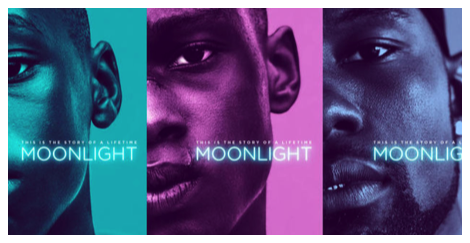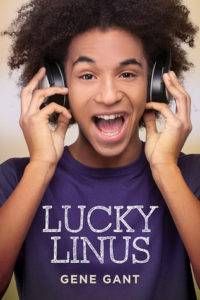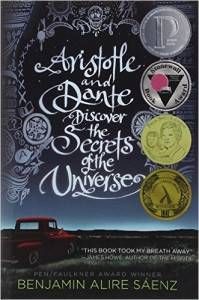
Musings On Movies, Mirrors, And YA Romance
For someone who couldn’t care less about romance in her own life, I am very invested in how romance functions in fiction, pop culture, and media. Romantic love, for some reason*, has always been a measure of humanity. You can take a flawed and broken character (typically a straight white male) and write a redemption arc that has nothing to do with making amends and everything to do with wooing the right character (straight white female) and hey, you’ve got yourself a bestseller! And, okay, I know that’s not how it always goes down—I hope—but my point is, when romance becomes yet another way for readers to empathize with characters, what does it say when this important avenue for empathy is taken away from certain kinds of characters?
Well, to me, it says a lot about self-worth and worthiness:
- It says, you may not be worth loving.
- It says, you may not have it in you to love the way the rest of the world loves.
When you’ve spent your whole life understanding attraction, sexuality, and romance the way that straight, cisgendered, white, able-bodied people define it through their frankly terrifying number of romantic comedies, you have no idea where to start understanding your own emotions and relationships.
It’s why I loved Moonlight. Well, let’s be real, there wasn’t a single thing to dislike in that movie, but mostly, I love it because it finally held up a mirror for young, gay, Black people struggling with loving themselves and others and said, “Look, you’re here and you can love and be loved and be happy”. Sure, it’s a window for me, but just because I’m Indian does not mean I can’t see why this is a groundbreaking film. And make no mistake, it is, first and foremost a mirror, which makes it a rarity in itself. Thinking about Moonlight in connection to the documentary 13th makes the movie even more important, by placing Black boys and Black men in a position where they can express vulnerability and complexity. Romance, as a tool in fiction, can do that too: challenge stereotypes. My hope, and the reason I am writing this post, is that Moonlight’s success inspires more stories like it. My scours have provided me with few YA books that could compare with Moonlight—and maybe I haven’t looked hard enough, I could definitely use some suggestions—but I’m hopeful that one day we have more stories like this one.



And that’s all I have for now. Someday, I hope to return to this category and find more treasures than can possibly be listed in one Book Riot post.
*I mean, I understand why, but I don’t understand why it has to come at the cost of undervaluing platonic relationships?
**At least, I hope this one is #OwnVoices. The illustrated profile picture on Goodreads and the biography gives little away, but most of his books focus on queer Black boys and men. If nothing else, the author seems to care about writing exactly the kind of books my post insists we need more of.













